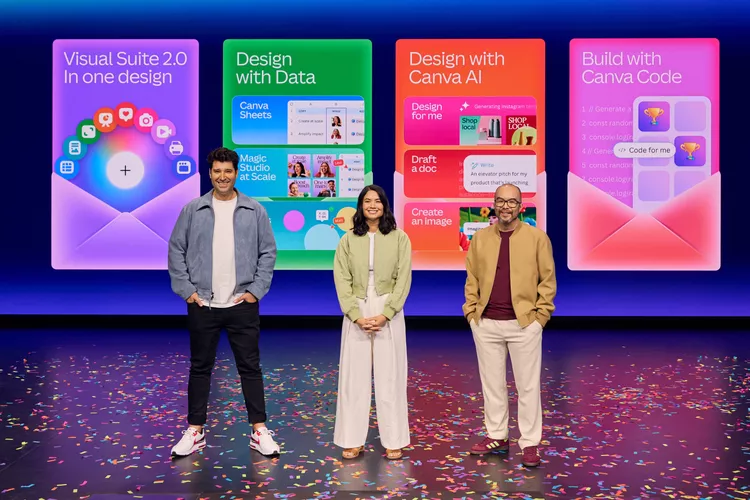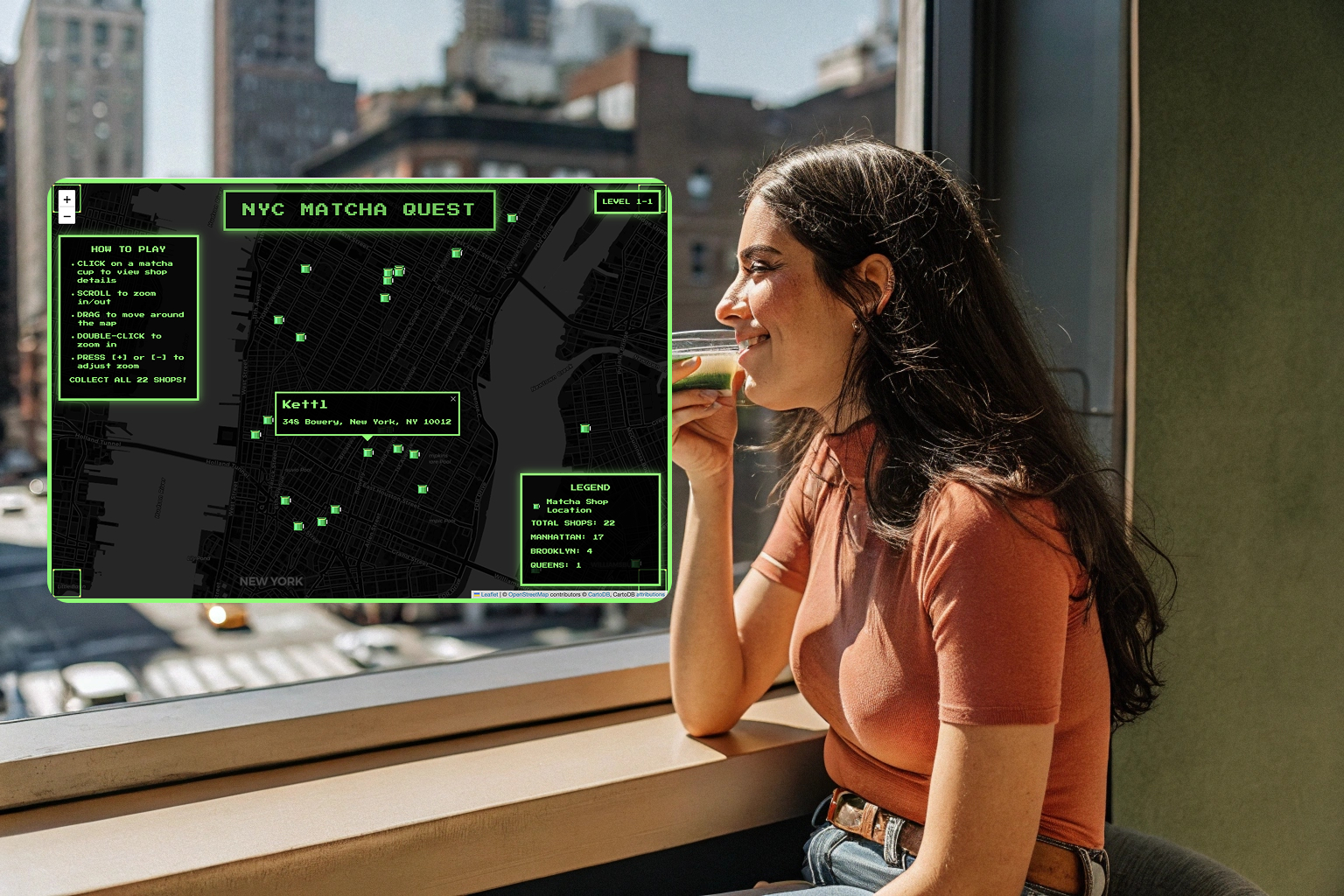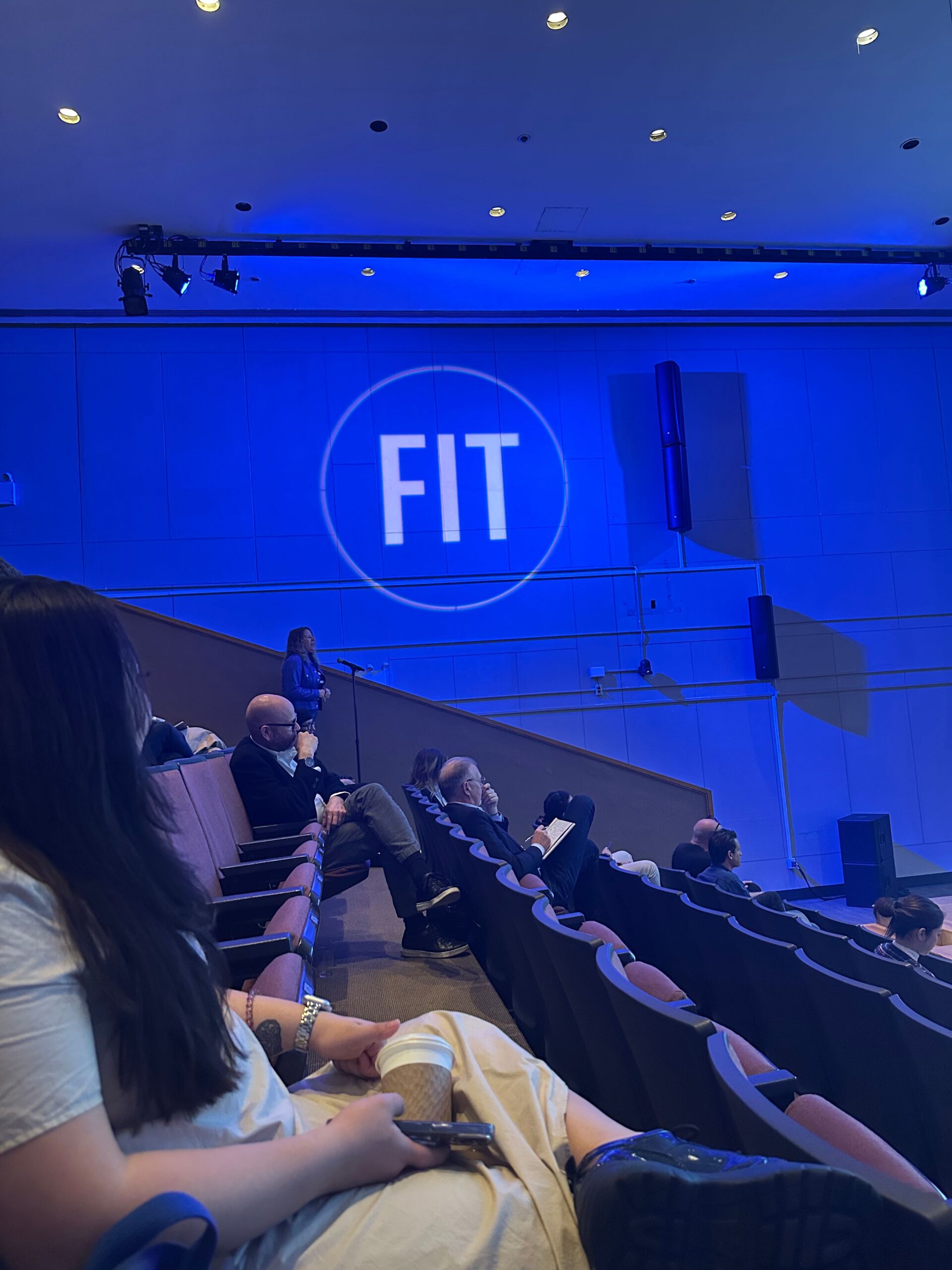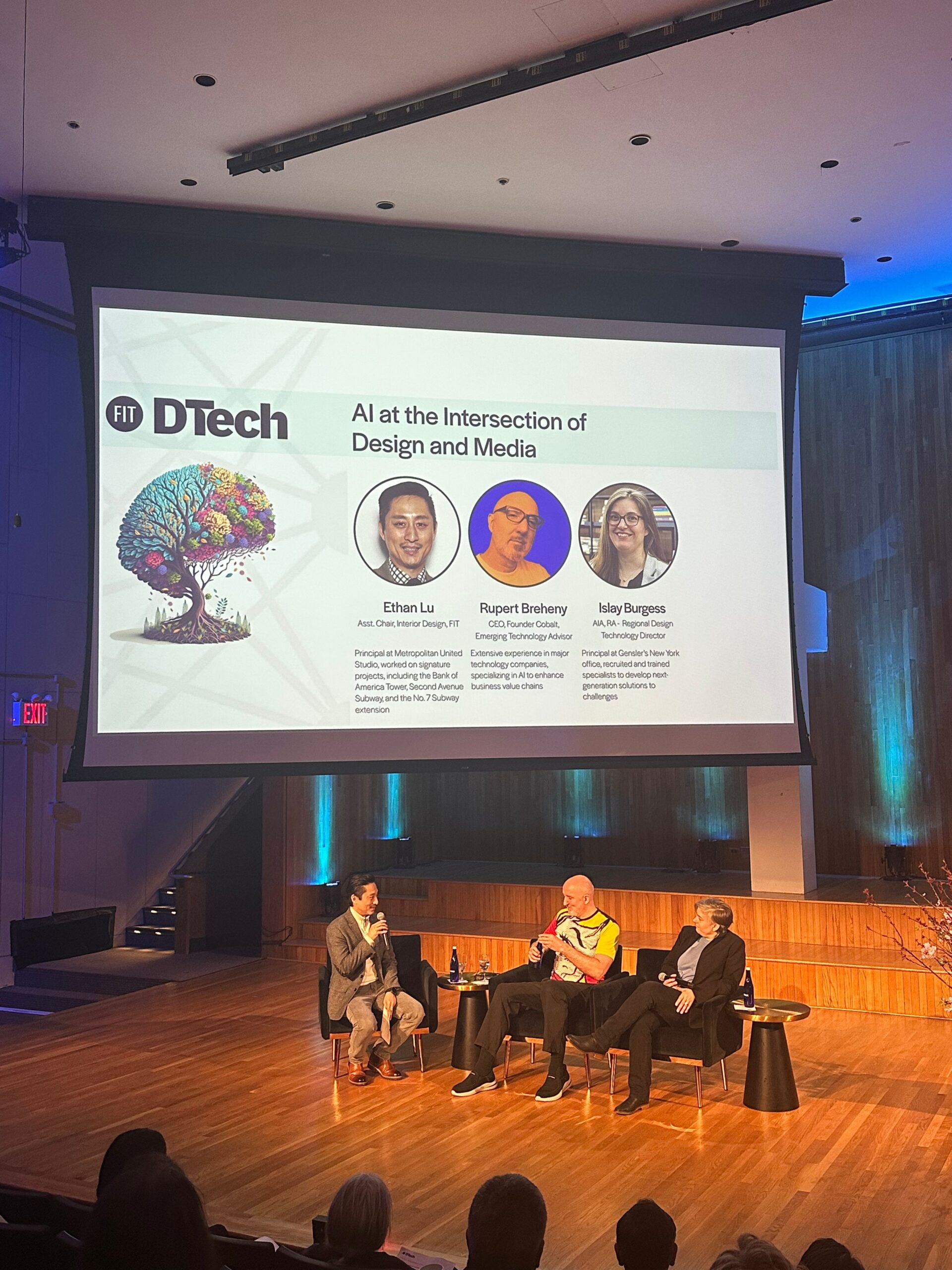The DABUS case: an overview of the controversy over AI-generated patents & inventions
A computer scientist, Stephen Thaler, has filed a petition with the US Supreme Court, asking it to review the decision of a lower court that denied patent protection to inventions created by an artificial intelligence system. Thaler has been advocating for patents covering inventions generated by his AI system, DABUS. The US Court of Appeals for the Federal Circuit had ruled that only human inventors could be awarded patents. Thaler is now requesting the Supreme Court to review the case and allow AI-generated patents & inventions.
Thaler has claimed that his AI system, DABUS, autonomously created a beverage holder and light beacon without any human intervention. However, the US Patent Office rejected his patent applications, stating that DABUS is not a person or the inventor. The Federal Circuit upheld the decision and ruled that the law requires the inventor to be a human being.

Thaler’s Petition to the US Supreme Court
Thaler filed a petition with the US Supreme Court, stating that Congress’s intention to promote innovation and technological progress. He argued that denying AI-generated patents would curtail the patent system’s ability to stimulate innovation optimally. Thaler also argued that the law should not restrict the term “inventor” or “individual” to natural persons.
Arguments for AI-generated Patents & Inventions
Thaler’s petition highlighted that the broad language used in laws like the Patent Act should accommodate technological change. The rapid advancements in AI technology have made it possible for machines to generate new ideas and inventions. The denial of AI-generated patents could lead to fewer incentives for companies to invest in AI and hamper technological progress. Thaler’s case has been discussed among patent lawyers, AI experts, and researchers who have differing opinions on the subject.
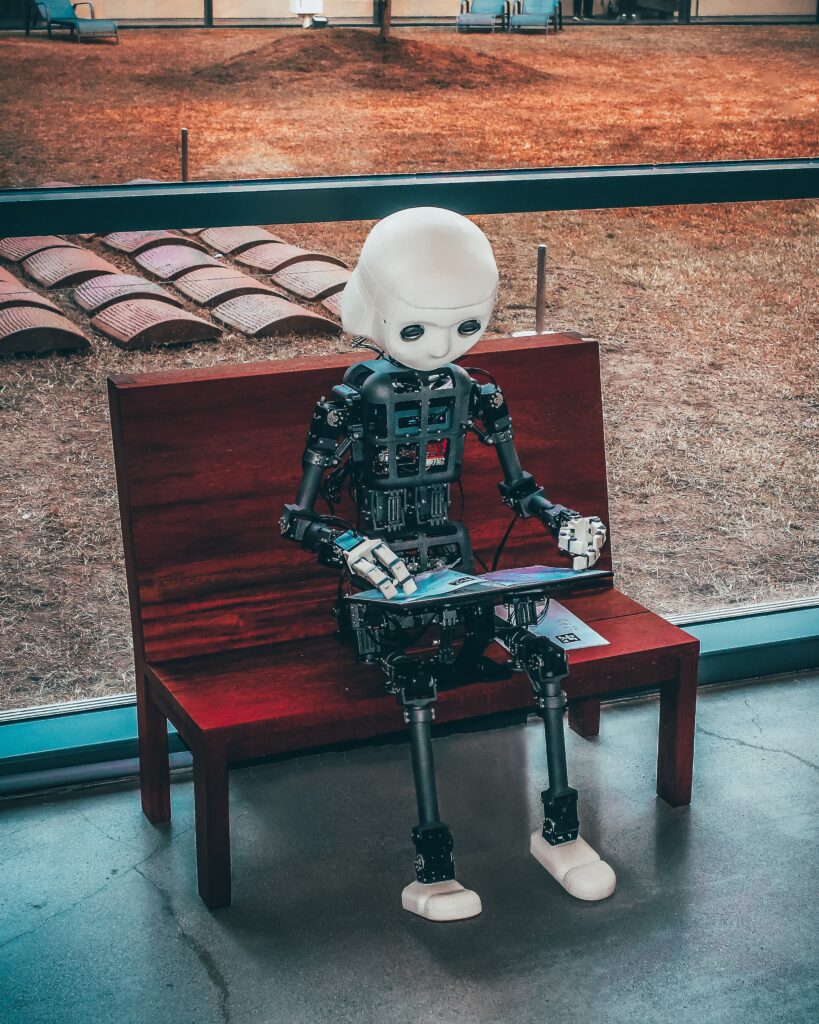
The potential impact of the Supreme Court’s decision on the AI industry and innovation
Stephen Thaler’s petition to the US Supreme Court is an attempt to pave the way for AI-generated patents. While there are arguments for and against AI-generated patents, Thaler’s case could be a game-changer in patent law. The decision of the US Supreme Court could have far-reaching implications on the future of AI and intellectual property rights.
Source: Reuters

